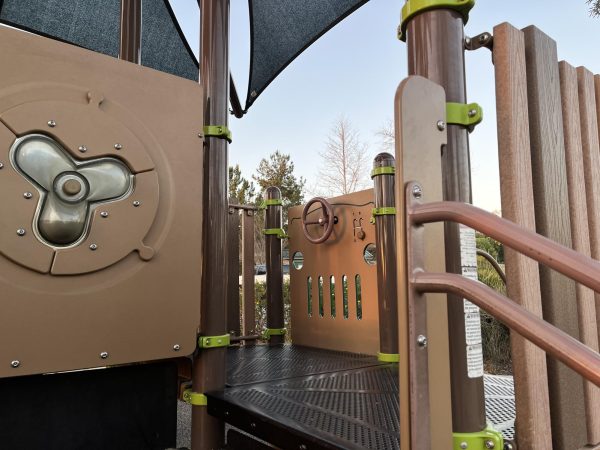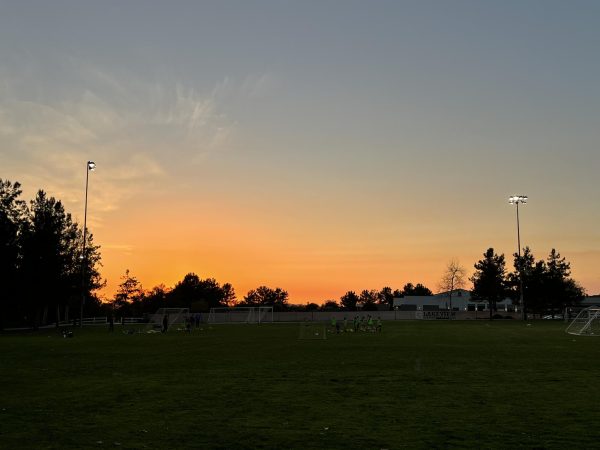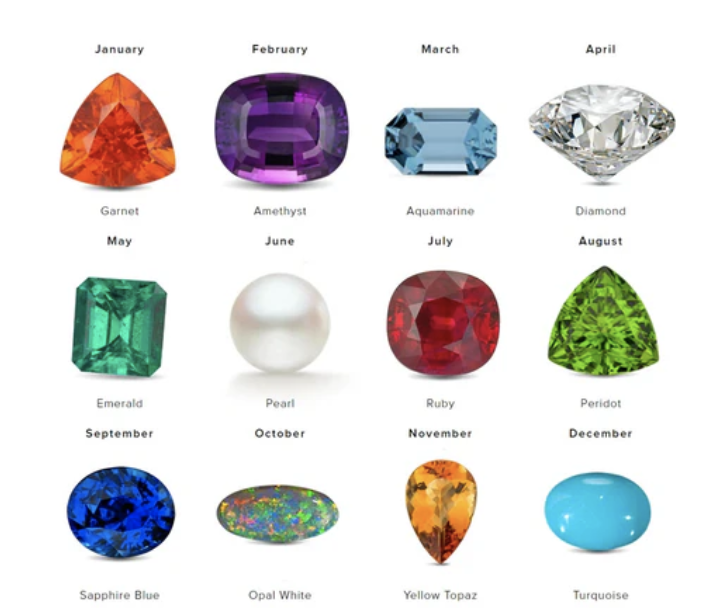
(Milla Jans)
Everyone grows up and eventually begins to abandon the innocence of childhood. Leaving childhood behind is the first stepping stone of life, which we use to walk off a one-way path and onto mountains of possibilities. We take with us the presumed warmth of childhood memories, whether that consists of playgrounds and swing sets or lighthearted games and sports. Usually, the objects and places that we favor in our youth suddenly become obsolete. No matter what, time will inevitably run ahead and leave us wondering, “Where has the time gone?” Despite the loss of childhood that seems to occur sooner than later, the memories we hold of it can remind us how far we have come.
There is a tendency for children to want to grow up as soon as possible. Although it is a matter of environmental factors, each generation seems to grow up faster than the one before. BBC explains how children are becoming increasingly exposed to the internet and social media at young ages, which oftentimes leads to quicker emotional development and maturity (Bishop). In some instances, such as authority figures not allowing certain freedoms, being a child can seem restricting and imperfect. Nevertheless, it is the childlike wonder and myriad of positive experiences of childhood that make life exceptional.
Many of these experiences result in core memories that stick with us throughout our lives. The concept of “core memories” first gained popularity when introduced in the 2015 film Inside Out. Margaret Davis describes these memories in The Science Times as considered to be the five most significant ones and how they are believed to have profound impact on shaping one’s personality, behaviors, and identity, as they represent events of utmost importance in a person’s life (Davis).

Core memories, in particular, refer to a specific set of memories that hold more emotional value. Tristan Parker (S), a Speech and Debate teacher at Yorba Linda High School, shares, “One of my favorite childhood memories is when I was in third grade. My mom surprised me after school to pick me and my friends up to see the new Star Wars movie, Phantom Menace. When we all went to see it, my sister wore a Darth Vader mask, and it was very entertaining and memorable.” Childhood memories such as this one serve as beautiful reminders of the past. Another teacher at YLHS, Theresa Vaughan (S), reminisces, “I remember my neighborhood friends and I always played outside until the street lights turned on. I also remember that when it was hot, we would drink from the water hose. Since the beach was only five miles away, we used to go down to it and spend the day there.”
According to the American Psychological Association, happy childhood memories often lead to “…better health, less depression, and fewer chronic illnesses as adults” (Luna). It seems to also impact the role that parents play in their children’s lives since joyful memories are more likely to make someone a happier person. As a mother of three kids, Theresa Vaughan (S) states, “I loved watching my kids grow up; all three of them were involved in sports, and on the weekends they were usually in a tournament. It was nice to watch them grow in their sport as well as into kindhearted men and women.”
Although not everyone has a carefree childhood, it is never too late to experience the marvels of it. Even taking the time to go to a park or play with bubbles can make a significant difference in relaxation and regaining the youthful spirit you may have left behind years ago. Megan Hyunh (9) fondly recalls the time when she “…used to want to be Rapunzel. At the time, [she had] always had short hair, so [she] would pretend that [her] towel was long hair.”
No matter how daunting and uncertain the future may seem, holding on to fond childhood memories fosters a sense of gratitude for the positive influences that shaped us, encouraging a deeper understanding of ourselves. In essence, embracing and preserving our cherished childhood memories enables us to connect with who we once were, and ultimately, who we continue to become.


























